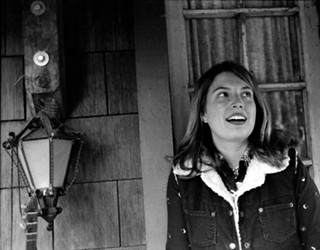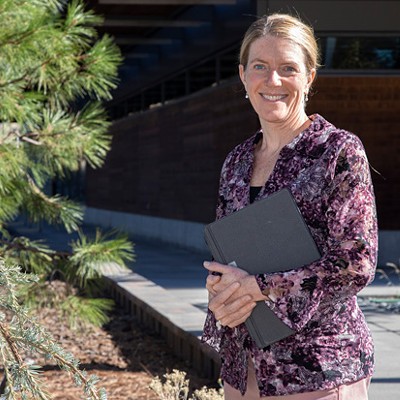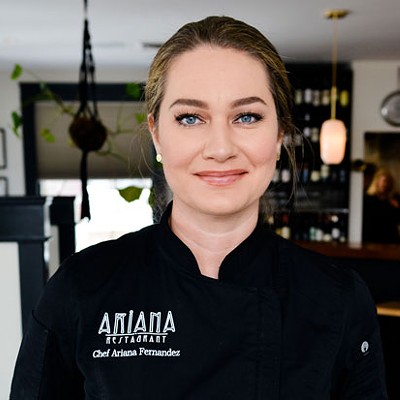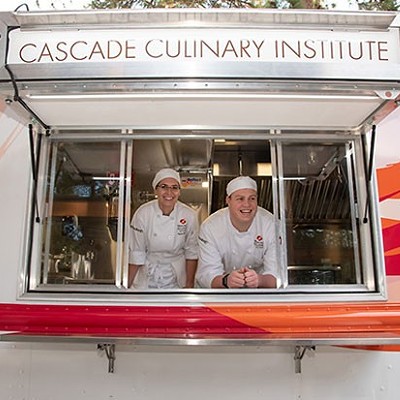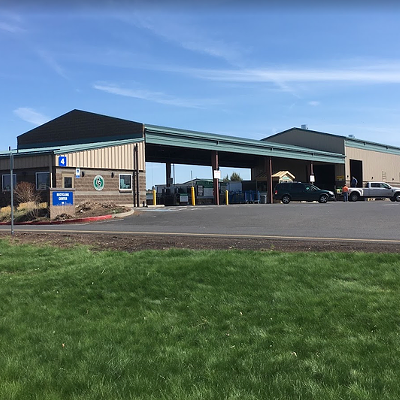Dr. Laurie Chesley started this summer as Central Oregon Community College's sixth president. She's a first-generation college graduate from Michigan and has held a range of leadership positions in diverse educational settings, from community colleges to four-year liberal arts institutions. Chesley sat down with the Source Weekly to talk about her leadership.
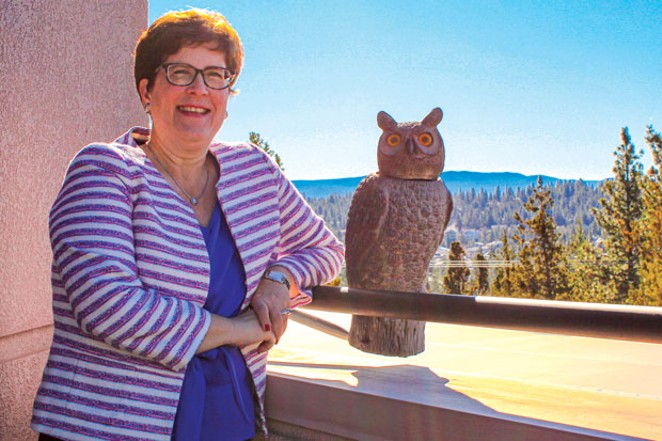
Source Weekly: What do you feel a community college offers students that other educational institutions don't?
Laurie Chesley: Access is the most import thing we offer. We are open admissions; we are open to anyone who comes wanting to learn. COCC will almost certainly never be involved in any admissions scandals! (Laughing.) Community colleges are America's unique contribution to democracy. Everyone has an opportunity; everyone is welcome to take a chance and do something and to learn and better their lives. There are some competitive programs like nursing here, but there is almost always something else that a student can do at COCC and be successful.
SW: Your doctorate was in English... why English?
LC: As a young person—this is true now even though I'm not a young person (laughing)—as a young person, I loved to read and write. So being an English major in college seemed like the right move, and I loved college. When I got there I thought college was the most wonderful place to be. And so I soon figured out I needed to find a way to stay in college a long time. And that meant I went to graduate school, and that meant I pursued a career in education, and here I am, still going to school, still in college.
SW: What are some ideas you'd like to share about your vision for the future of COCC?
LC: I think we have the opportunity to be more effective in serving all of our district, our more rural areas, beyond our Bend campus. We have campuses in three other cities: Redmond, Madras and Prineville, but our district stretches over 10,000 square miles. That's bigger than eight U.S. states. In addition to Deschutes, Jefferson and Crook [Counties] we go up into parts of Wasco and south into Klamath and Lake counties. One way we can reach people who are looking for education in these places is to expand our use of technology, maybe by creating virtual environments, online classes, streaming classes. But first we need to have more dialogue with people that live in these rural areas and then work to serve their needs.
SW: You worked as a professor for many years before moving on to administration. How did your time in the classroom influence your leadership style?
LC: I think there are a lot of transferable skills that you can take from being a teacher: These have to do with knowing the importance of communicating well and establishing relationships. With the understanding that you have different audiences in front of you—and that they need to maybe hear things differently—you have a common message, but how you explain something to one group is different than how you might to another. Just like in the classroom: You have one topic but you have 25 different people there who may need to hear or receive a lesson in different ways. Some need to experience it themselves, some like to hear it, some like to read it.
SW: You attended the Bend Chamber of Commerce's "Economic Impact Breakfast" on Oct. 31, where guest speaker Lindsey Piegza talked about a "lingering skills mismatch" in the labor market. On the national level, employers report that while they are receiving many applicants for jobs, the skills within those résumés often fail to demonstrate the required math and computer proficiencies the company is seeking. What's your vision for getting students at COCC up to speed?
LC: First of all, this college is built on a really strong tradition and foundation, so I'm looking at where there is an opportunity to be even stronger. We can be even more responsive to local employers and find out what their specific needs are and how can we can best react to [those needs] and meet them. We're not operating in a vacuum, but think how much Bend has grown over the last decade and how many new folks and new businesses and new enterprises have come, and have we kept up? It becomes a harder task... growth makes things harder. We need to adjust to the growth and speed of change.
SW: You wrote your dissertation for your doctorate on the 18th century British author Daniel Defoe, and his portrayal of women. Why were you drawn to this topic and literature from this time period?
LC: So, in Defoe's fiction, he portrayed women as rebels and outlaws, but in his nonfiction he encouraged women to be well-behaved and fit within society's norms. I love 18th century literature because it has a very social and societal aspect to it; it deals less with the individual, the inner self. I've always been interested in gender relationships and how that plays itself out—not only in writing—but in the world in general.

